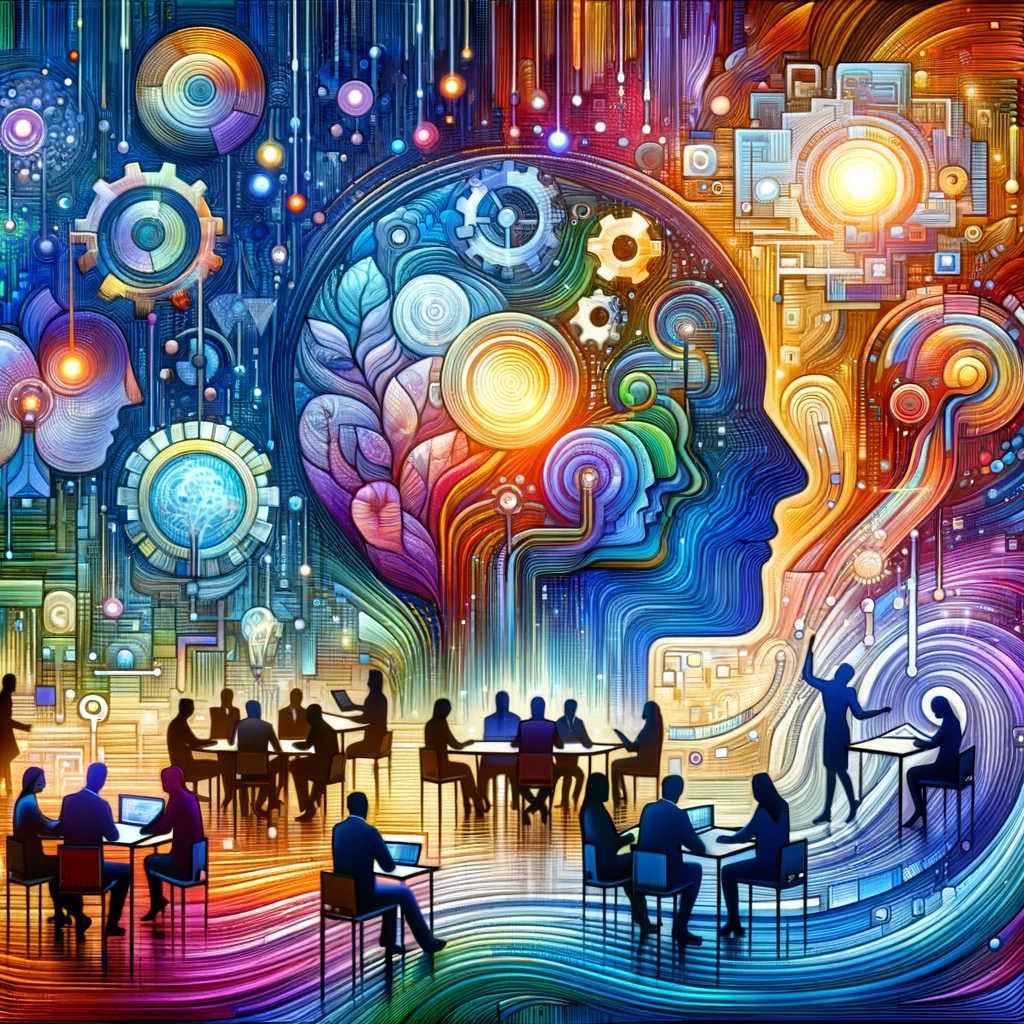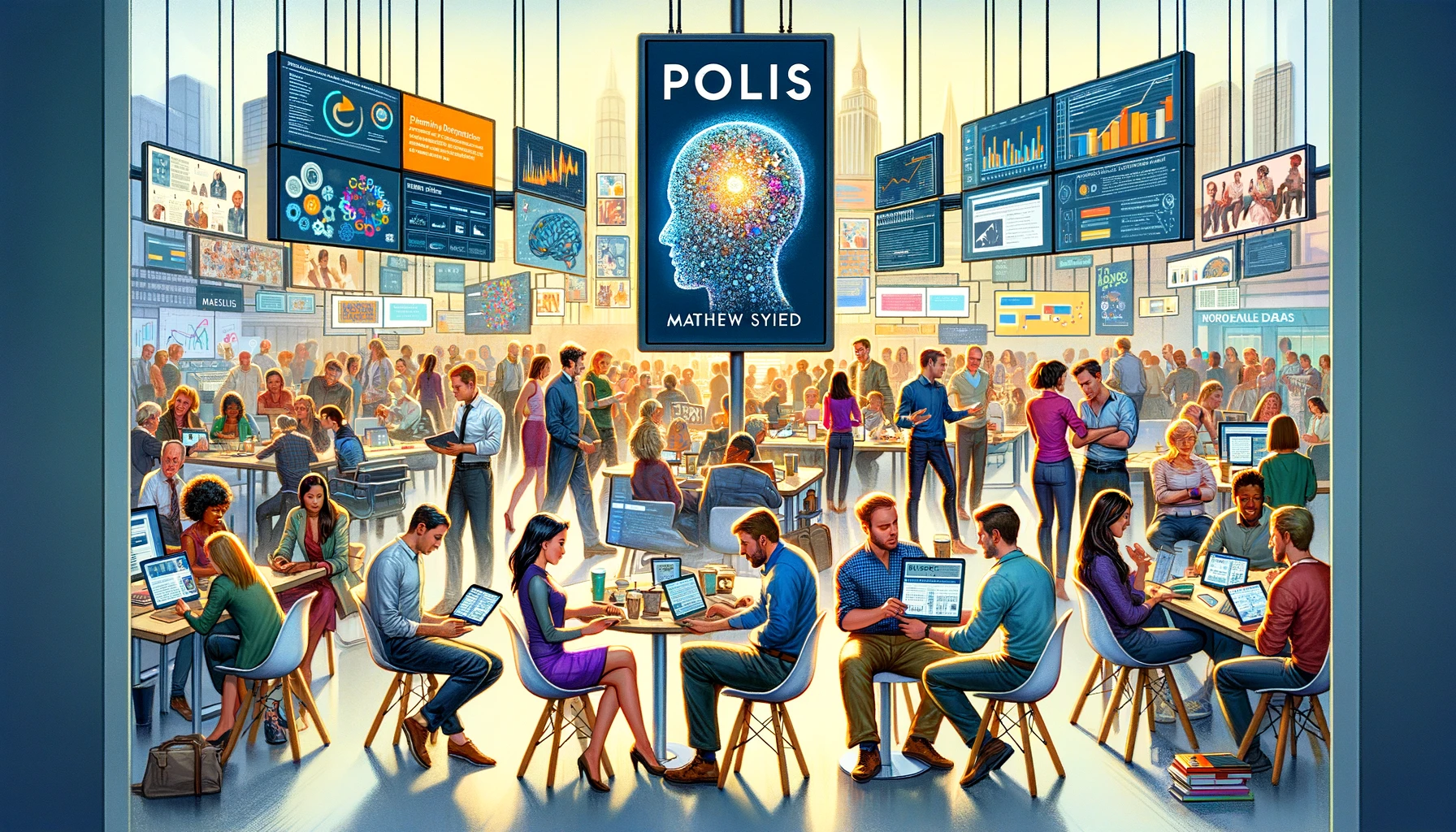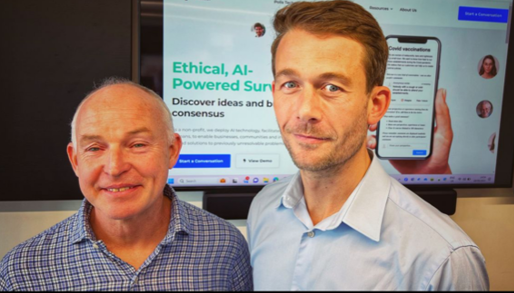Pol.is: Quintessential Digital Democracy
Pol.is is one of the most exciting things in digital democracy.
Democracy in the digital world has many manifestations. It is said that the more people there are, the more difficult it is for democracy to exist. I think that’s true, but what I disagree with is that the existence of the virtual world makes democracy impossible.
Yes, Facebook & Co. have made democracy significantly harder for everybody, but I don’t think this is indicative of the nature of the digital world. Rather, it is indicative of the potential power of the digital world.
With great power comes great responsibility, they say.
The Internet is still in its infancy. We have now seen how its power can be abused but eventually we might also see how we can use its power to our benefit. This is exactly what Polis is doing.
Exempli gratia: referenda
For example, referendums are considered a good democracy technique. This is probably because of their directness. “What should we do?”, it is asked; and people reply directly. But referendums are very problematic. In my philosophy, democracy is the process of reaching consensus and referendums are far from the apex. The reason being their lack of concordance mechanisms.
It feels like the theory of modern referenda is closer to one where everybody is assumed to be an independent agent with abstractly different ideas on how to handle a matter at hand. The government makes a first selection of the most popular few of these ideas and then the public can choose (without any coordination required) the most popular one.
This sucks. The public opinion can be ridiculously easily skewed as we’ve witnessed during the last decade. We need a way to coordinate and discuss1. It is only through discussions and interactions that we can acquire a feel of why and what agenda someone who’s pushing for X (whatever X is) has.
Many of my friends have lost hope in democracy during the last 10 years2, with the reason being—I think—humanity’s inability to unite in the virtual world. They now consider solutions such as binding decisions mathematically in a distributed database3 or trusting the forthcoming superintelligence4. Yet I think we can still do it, we just need suitable tools, one of which is Polis.
Polis v. referenda
Do what? Creating space for discussion on current issues, listening to other people’s opinions, concerns, and needs—and, finally, agreeing with each other.
Enter Polis. Facilitating this process in the virtual world.
How Polis works in a nutshell: There is a topic (aka problem). Anyone can propose a comment (aka solution suggestion). People can vote for or against comments but cannot respond to a comment. In parallel to this process, Polis crunches these data (comments and votes) and sorts similar comments together in a visual way. This makes it easy to see what people think about the topic at a glance.
With Polis being a tool that facilitates a process, there is still a lot of agency expected for it to work effectively. I have no direct experience with it but this video on how Taiwan used it looks very compelling.
Up until know, we had the technology to facilitate democracy over the internet but all discussions almost always veer into chaos. I’ve never before seen an implementation which prevents this in an adequate degree. The internet’s entropy is almost always too strong.
But Polis looks like a first answer into how digital democracy could look like. By utilising the internet-native power of “always there” (aka always connected, always online) not for the process of verbal conflict, but for the process of building agreement.
Quintessentially
As mentioned, I think of democracy as the process of reaching consensus. In this process, time is an important factor. Initially, people will have different opinions on the matter at hand, however, as time progresses opinions will converge5. They will converge, iff everybody shares this common6 goal: the satisfaction of the needs of all participants. If someone has another agenda, say maximising their own satisfaction at the expense of everybody else, this will become apparent through the process (that is, the process which is realised as a conversation).
The way Polis works is in harmony with the above philosophy. Polis considers time an important dimension of the whole process. The theory of modern referenda7 does not. According to that theory, a referendum is just a snapshot8 of the public opinion during one specific day.
Polis is built for large groups of people. Large groups will not vote (or participate in the discussion) at the same time. Polis expects that. Large groups cannot vote on everyone’s suggestion. Polis expects that as well. This is the reason they employ statistics to decide what suggestion each user can see and vote on.
The goal here is to strike a balance between a participant thinking about the whole range of opinions while at the same time shaping up a feasible conversation. An infeasible one would be 10k people deciding about 10k opinions.
With this, Polis achieves that which everybody else says cannot be achieved: everyone can opine about everything. This is why Polis is quintessential9 digital democracy.





